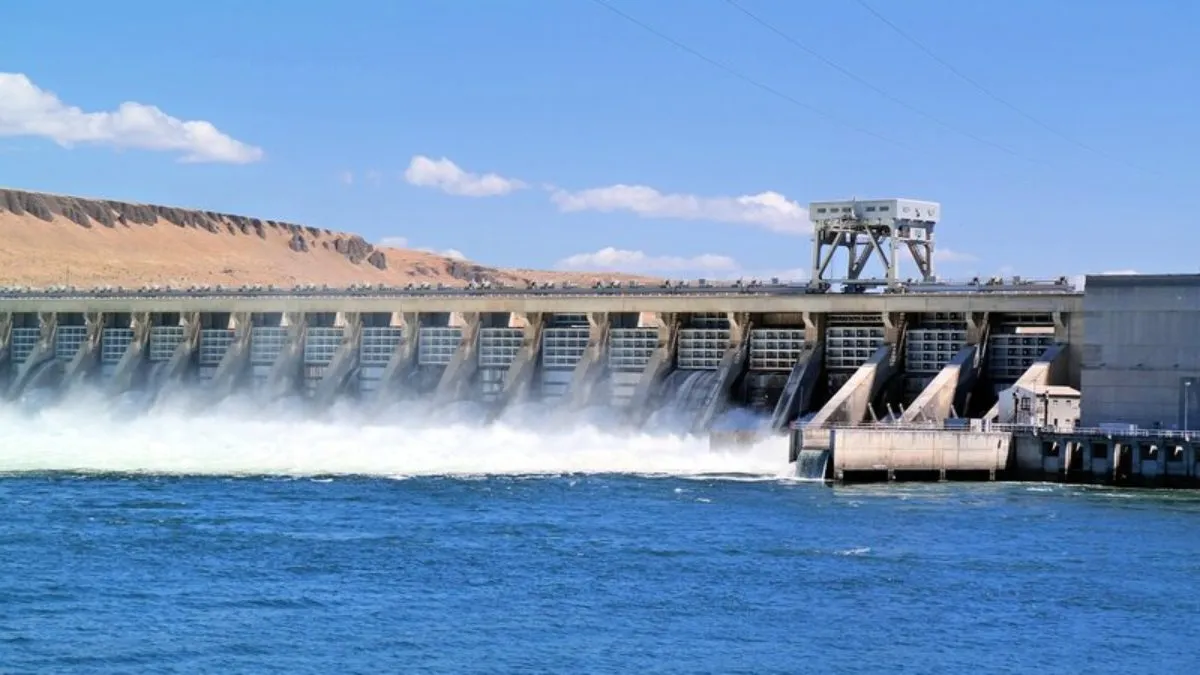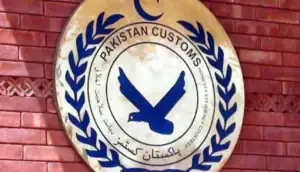Islamabad: A session of the Public Accounts Committee (PAC) held in Islamabad on Tuesday brought to light widespread financial irregularities and administrative lapses in major national hydropower projects.
Chaired by Member of National Assembly Junaid Akbar Khan, the committee took serious note of audit reports highlighting inefficiencies in the Ministry of Water Resources, with particular focus on the Dasu Hydropower Project (DHPP).
During the meeting, audit officials presented detailed objections, underscoring how modifications in the project’s scope had significantly escalated contract costs.
Despite years of planning and execution, the land acquisition and resettlement processes remain incomplete, a delay that drew sharp reactions from PAC members.
Chairman Junaid Akbar voiced strong criticism over the decision to commence the project without resolving foundational issues.
He questioned the rationale behind launching such an expansive undertaking while basic prerequisites were still pending.
Responding to the criticism, Secretary for Water Resources Syed Ali Murtaza attributed the delay in land transfer to the Khyber Pakhtunkhwa government.
He stated that unresolved land disputes had persisted for over 13 years, describing the situation as part of a deeper, systemic issue in project implementation.
Additional members of the committee expressed their dismay at the ballooning costs. MNA Malik Amir Dogar highlighted the dramatic rise in project expenditure.
Huge Cost Overruns
Pointing out that an initiative initially estimated at Rs4 billion had swelled to Rs36 billion. Similarly, MNA Sanaullah Khan Masti Khel condemned the handling of the project, describing the financial mismanagement as a deliberate attempt to deceive the public.
Echoing the sentiment, Senator Shibli Faraz demanded accountability for the missteps, asserting that national projects should not be treated as personal ventures and calling the situation a prime example of institutional arrogance and incompetence.
Following the discussion, the committee resolved to refer the matter to the National Accountability Bureau (NAB) for a comprehensive investigation.
Chairman Akbar emphasized that such reckless misuse of national funds must not go unpunished and warranted thorough scrutiny.
The committee also deliberated on the appointment of retired Lt Gen Sajjad Ghani as Chairman of the Water and Power Development Authority (Wapda).
Members questioned the ongoing practice of placing retired military officials in senior civilian roles, raising concerns over why such important posts seemed consistently reserved for a particular group, rather than being filled through transparent, merit-based selection.
Read More: What Could Cost Cheaper than Hydropower Generation?
As the audit review continued, officials presented findings related to the Dassu Hydropower Project for the fiscal period spanning July 2022 to June 2023.
Dassu Hydropower Project
The committee was informed that the project was initially approved in 2014 at a projected cost of Rs486 billion.
However, with land acquisition continuing to pose a recurring challenge, the overall cost has since surged to over Rs1.7 trillion.
Attention then shifted to the Neelum-Jhelum Hydropower Project (NJHPP), which was also placed under review. Responding to inquiries from Senator Shibli Faraz, officials confirmed that the project has remained non-operational since May of the previous year, owing to the collapse of an internal tunnel.
The disclosure sparked further concern among PAC members regarding the integrity of the project’s infrastructure and long-term sustainability.
Audit representatives also disclosed that the original construction contract for the Neelum-Jhelum project had been awarded to a joint venture comprising CGGC-China Machinery Engineering Corporation (CMEC).
However, auditors flagged serious irregularities in a decision made by the NJHPP Board of Directors to reduce the contractor’s performance security from 10 percent to 5 percent of the contract’s total value.
This unauthorized move was deemed illegal and allegedly resulted in financial benefits exceeding Rs10.9 billion for the contractor, a loss that directly impacted public funds.
Diamer-Bhasha Dam project
In another alarming revelation, the committee was informed that second-hand concrete testing equipment had been purchased for the Diamer-Bhasha Dam project.
Notably, the equipment was procured from the very entity responsible for conducting the testing, raising serious concerns about conflict of interest.
PAC members demanded an investigation into the matter, stressing the significance of the issue and labelling it a matter of national interest.
When Chairman Akbar pressed for an explanation on the procurement of used equipment, officials claimed that the machinery was sourced from the only supplier available globally.
Nevertheless, the audit authorities maintained that this line of reasoning was inadequate and insisted that the matter be thoroughly investigated.
Also Read: Engro Polymer Invests Rs. 12 Billion in Hydrogen Peroxide
Consequently, the PAC referred the case to the Federal Investigation Agency (FIA) for an in-depth inquiry. Committee member Khawaja Sheraz Mahmood remarked that almost every audit report revealed clear signs of negligence amounting to criminal behavior, highlighting a disturbing pattern in project oversight.
Tensions escalated further during the session when a representative from the FIA arrived unprepared to brief the committee on an ongoing investigation.
The lack of coordination infuriated Chairman Akbar, who voiced his frustration openly, asking whether the committee was convened merely for ceremonial purposes. The absence of readiness from accountability institutions, he noted, was deeply disappointing.
Speaking informally with journalists after the meeting, Junaid Akbar admitted that the committee members shared a growing sense of disillusionment with the recurring mismanagement evident in every major project.
He observed that each project seemed more poorly managed than the last, and stated that officials with unsatisfactory performance records would be summoned repeatedly until answers were provided.
He also pointed out that if these inefficiencies and corrupt practices were addressed, Pakistan could potentially generate electricity at rates as low as Rs1.50 per unit.
Referring again to the Dassu project’s cost escalation from Rs4 billion to Rs36 billion, he reaffirmed the PAC’s decision to hand over the case to NAB.
Also Read: CDWP Clears Rs1.74 Tln Revised Dasu Hydropower Project, Reviews Rs1.96 Tln Schemes
Highlighting the recent progress under the current PAC leadership, Chairman Akbar noted that the committee had managed to recover Rs118 billion in just the past two months.
On the matter of the Toshakhana records, he revealed that the committee had requested documents dating as far back as 1947, although the vast volume of data may lead to delays in its release.









